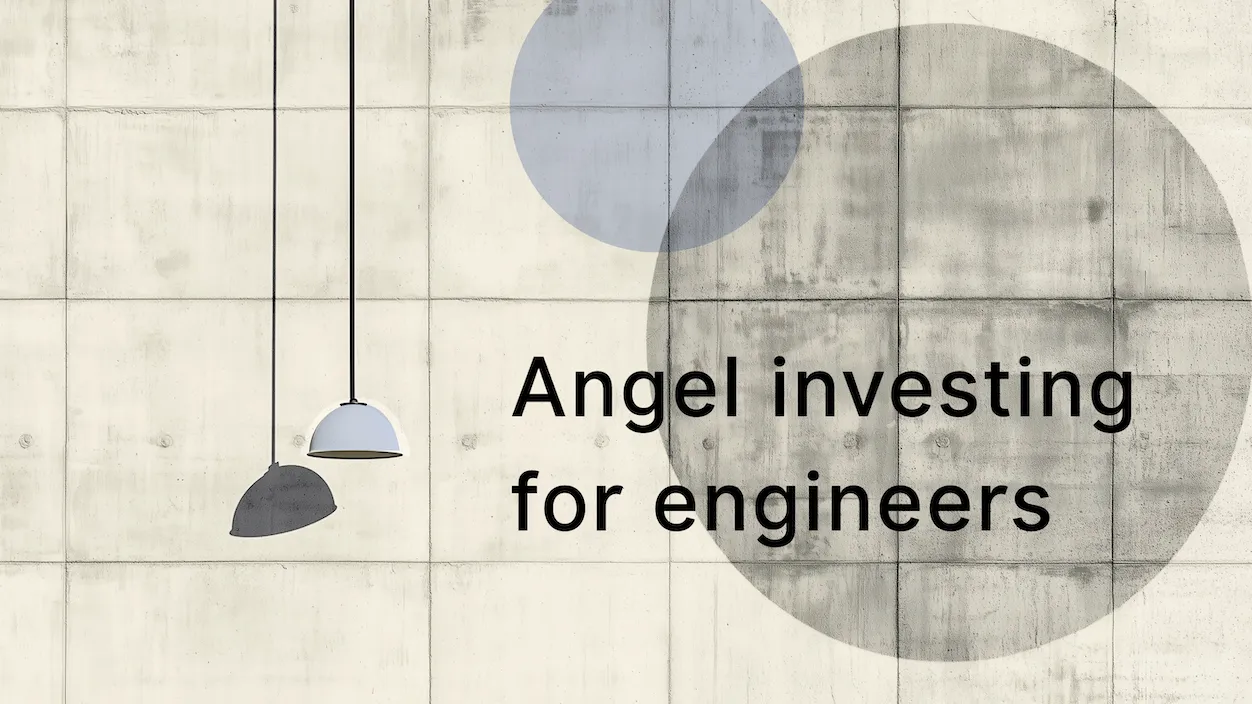
Building a high-performance culture in a startup isn’t just a leadership buzzword—it’s the foundation for scaling and sustained success. You can have the most innovative product in the market, but without a culture that drives execution, accountability, and focus, growth will stagnate. That’s not a theoretical lesson; it’s a lived experience shared by Itzik Cohen, co-founder and CEO at PayZen, who has successfully scaled multiple companies, including leading one from zero to over $250 million in revenue.
In a recent talk at SignalFire’s Founder Performance Mastery Series, Cohen peeled back the layers of what it takes to build a culture of high performance. What he shared isn’t the usual recycled leadership advice—it’s tactical, hard-earned lessons shaped by both wins and failures. Here’s how Cohen thinks about culture, metrics, and scaling—and what every founder should learn from his experience.
Key takeaways include:
- Align your team around a compelling mission.
- Establish clear, measurable goals and milestones.
- Identify three key KPIs that truly represent your business health.
- Adapt leadership and processes as the company grows.
- Foster open communication and constructive debate.
1. Mission as the North Star
At the core of any high-performing startup is a mission that matters. This isn’t about writing a catchy vision statement for your website—it’s about aligning your team’s work and passion with a cause bigger than themselves. For Cohen and his team at PayZen, that mission is making healthcare affordable for all. But it’s not just talk. "We ask in interviews, ‘What does healthcare affordability mean to you?’" Cohen shares. "It’s a personal question because we want people who are genuinely aligned with our mission from day one."
The takeaway for founders: your mission needs to be embedded in your operations. Cohen recommends breaking down the mission into actionable, measurable objectives. “We maintain this mission alignment by reinforcing it through regular communication—whether it’s a team meeting, one-on-one, or just a quick check-in,” says Cohen. "The moment people stop caring about the mission, execution starts to falter."
Actionable insight
- Use your mission to filter potential hires. Ask them how it resonates personally, and dig deeper into whether they can see themselves contributing to it long-term.
- Reinforce the mission consistently—mission drift happens subtly, and you can’t afford it.
2. Transparency and open dialogue: The CEO speaks last
A high-performance culture isn’t just driven by top-down direction. Cohen stresses that transparency and open communication are critical for staying agile, especially as you scale. “I make time every month for open office sessions where any employee can schedule a 30-minute chat with me, no agenda required,” says Cohen. "It gives me a pulse on what’s really happening within the company, outside of the usual KPIs and dashboards."
Another practice Cohen uses to foster meaningful dialogue is intentionally speaking last in meetings. “When the CEO speaks first, everyone falls in line. But you want logical, respectful disagreements because that leads to better decisions.” He encourages his team to challenge ideas without the fear of stepping on toes.
Actionable insight
- Dedicate time each month for open, unstructured conversations with your team. The real insights often lie beyond the numbers.
- As a leader, don’t dominate discussions. Set the stage for debate and diverse perspectives before giving your input.

3. Metrics that matter: Distill your business into three KPIs
High performance isn’t just about effort—it’s about being laser-focused on the right metrics. In the early days, many startups overcomplicate by tracking too many KPIs, most of which don’t move the needle. Cohen’s advice: strip it down to the essentials. “My job as CEO is to distill the business into three KPIs that will tell you if the business is healthy or not. If you don’t wake up in the morning and know exactly which numbers to check, you don’t understand your business,” Cohen says.
But finding those key metrics isn’t straightforward—it’s iterative. Cohen explains that PayZen’s critical KPIs didn’t come overnight. “We went through years of trial and error to figure out what truly represented our business health,” he recalls. “In the early stages, you don’t even know what you’re building yet. Be patient but deliberate in finding what really matters.”
Actionable insight
- Don’t rush to adopt growth-stage KPIs too early. In the early stages, focus on product-market fit and understanding your customer.
- Review the KPIs you currently focus on and narrow them down to the three that impact your business most.
4. Adapting leadership as you scale: Scaling people, not just processes
One of the hardest lessons Cohen learned was how critical it is to scale leadership as the company scales. “We didn’t scale up soon enough to support our next phase of growth, and that led to some painful corrections,” Cohen admits. What worked for a 10-person startup might not work for a 100-person team.
Cohen likens the CEO role to that of a coach. “As the company grows, you’re not just leading anymore; you’re coaching other leaders to lead. That means building systems and processes that scale, but it also means developing people.” Bringing in motivational speakers, traveling to meet teams in person, and creating touchpoints with leadership are all part of Cohen’s toolkit for keeping his company aligned.
But it’s not always easy. “Not everybody can play at the same time, and not everybody can be the star at any given moment,” Cohen reflects. Sometimes, that means making difficult personnel decisions to ensure the right people are in the right roles for the next phase of growth.
Actionable insight
- Continuously reassess leadership roles and processes as you grow. The same leadership style that worked at 20 employees won’t necessarily work at 200.
- Make tough decisions quickly. Cohen’s advice: "If you’ve reached a decision, don’t wait—do it and move on."
Final thoughts: Culture is built in the details
Building a high-performance culture is a daily effort. It’s not about lofty vision statements or motivational speeches—it’s about making mission-driven decisions day in and day out. Cohen’s experience at PayZen underscores that to build a culture of excellence, founders need to stay humble, stay curious, and always be refining the processes and values that underpin their company.
As Cohen puts it, “I want to win. That’s my number one priority. My only drive is to maintain the drive of my company and grow it to be all it can be.”
For founders, the takeaway is clear: don’t leave culture to chance. Make it as much a part of your strategy as your product roadmap or go-to-market plan. In the end, culture is what makes great products scalable and keeps teams performing at their peak—even through the toughest challenges.
SignalFire’s Mastery Series, where Cohen shared these insights, is part of our commitment to helping founders level up their leadership. We offer data-driven recruitment tools through Beacon AI, expert advice from seasoned operators like former Netflix Chief Talent Officer Tawni Cranz, and growth-focused content to support our portfolio companies at every stage.
*Portfolio company founders listed above have not received any compensation for this feedback and may or may not have invested in a SignalFire fund. These founders may or may not serve as Affiliate Advisors, Retained Advisors, or consultants to provide their expertise on a formal or ad hoc basis. They are not employed by SignalFire and do not provide investment advisory services to clients on behalf of SignalFire. Please refer to our disclosures page for additional disclosures.
Related posts

Angel investing 101 for engineers


